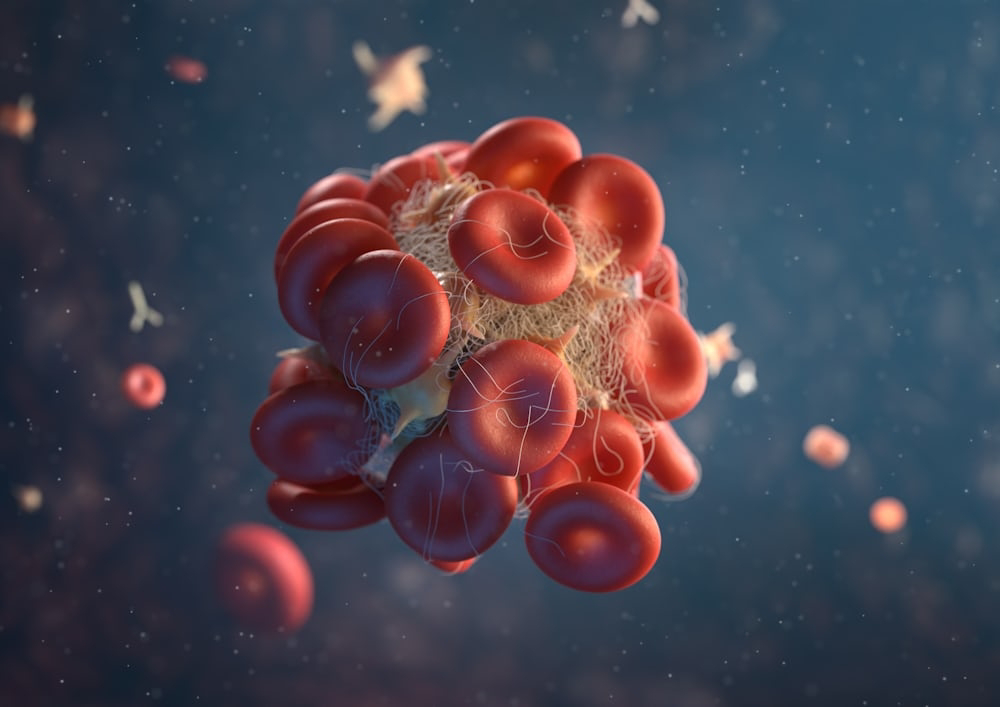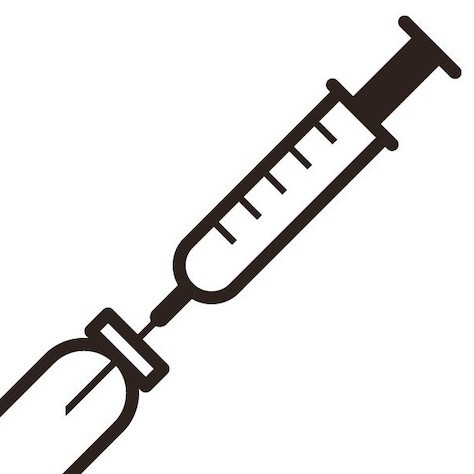Who Needs Testosterone Replacement Therapy (TRT)
Testosterone Replacement Therapy (TRT) has gained significant attention in recent years, but understanding who truly needs it is essential. This therapy can be life-changing for those with testosterone deficiency, but it's not suitable for everyone. Here's a comprehensive look at who might benefit from TRT.
Understanding Testosterone Deficiency
Testosterone is a critical hormone in the male body, influencing a wide range of functions from muscle mass and bone density to mood and libido. As men age, testosterone levels naturally decline. However, some men experience a more significant drop than others, leading to symptoms that can affect their quality of life. This condition, known as hypogonadism or testosterone deficiency, may necessitate TRT.
Common Symptoms of Low Testosterone
Before diving into who needs TRT, it's important to recognize the symptoms of low testosterone. These can include:
1. **Fatigue**: Persistent low energy and fatigue.
2. **Depression and Mood Swings**: Changes in mood, irritability, and depression.
3. **Decreased Libido**: Reduced sexual desire and performance issues.
4. **Erectile Dysfunction**: Difficulty in achieving or maintaining erections.
5. **Loss of Muscle Mass**: Decreased strength and muscle mass.
6. **Increased Body Fat**: Especially around the abdomen.
7. **Bone Density Loss**: Higher risk of osteoporosis and fractures.
8. **Cognitive Decline**: Problems with memory and concentration.
If you're experiencing a combination of these symptoms, it might be time to consider a medical evaluation.
Medical Evaluation for Low Testosterone
A proper diagnosis involves more than just recognizing symptoms. A healthcare provider will typically:
1. **Conduct a Physical Exam**: Check for physical signs of low testosterone.
2. **Order Blood Tests**: Measure testosterone levels, usually in the morning when they are highest. Two separate blood tests are typically required to confirm low levels.
3. **Evaluate Medical History**: Review any underlying health conditions that might contribute to symptoms.
Who Needs TRT?
TRT is generally recommended for men with consistently low testosterone levels accompanied by symptoms that affect their daily lives. Here are some specific groups who might benefit:
1. **Middle-Aged and Older Men**: Testosterone levels naturally decline with age. Men in their 40s, 50s, and beyond who experience significant symptoms might be candidates for TRT.
2. **Men with Hypogonadism**: This is a medical condition where the body doesn't produce enough testosterone due to issues with the testicles or pituitary gland.
3. **Men with Chronic Conditions**: Conditions like obesity, type 2 diabetes, and metabolic syndrome can be linked to low testosterone levels.
4. **Post-Cancer Treatment**: Men who have undergone chemotherapy or radiation treatment for cancers such as testicular or prostate cancer may experience lowered testosterone levels.
5. **HIV/AIDS Patients**: This condition can also be associated with low testosterone levels.
6. **Athletes and Bodybuilders**: Those who have used anabolic steroids may suffer from suppressed testosterone production.
Who Should Avoid TRT?
While TRT can be beneficial, it isn't suitable for everyone. Men with the following conditions should approach TRT with caution or avoid it altogether:
1. **Prostate or Breast Cancer**: TRT can potentially accelerate the growth of these cancers.
2. **Severe Sleep Apnea**: TRT can worsen this condition.
3. **Heart Disease**: Men with severe heart conditions should be closely monitored if undergoing TRT.
4. **High Red Blood Cell Count**: TRT can increase red blood cell production, which can be dangerous for those with already high levels.
The Process of Starting TRT
If you're identified as a candidate for TRT, the process typically involves:
1. **Choosing the Right Form**: TRT comes in several forms, including injections, gels, patches, and pellets. Your doctor will help you choose the best option.
2. **Regular Monitoring**: Regular follow-up appointments and blood tests are necessary to monitor testosterone levels and adjust the treatment as needed.
3. **Lifestyle Adjustments**: Combining TRT with a healthy lifestyle, including regular exercise and a balanced diet, can enhance its effectiveness.
TRT can offer significant benefits for men with testosterone deficiency, improving mood, energy levels, libido, and overall quality of life. However, it’s crucial to undergo a thorough medical evaluation to determine if it’s the right choice for you. If you suspect you have low testosterone, consult with a healthcare provider to explore your options and take the first step toward reclaiming your vitality.





Comments
Post a Comment